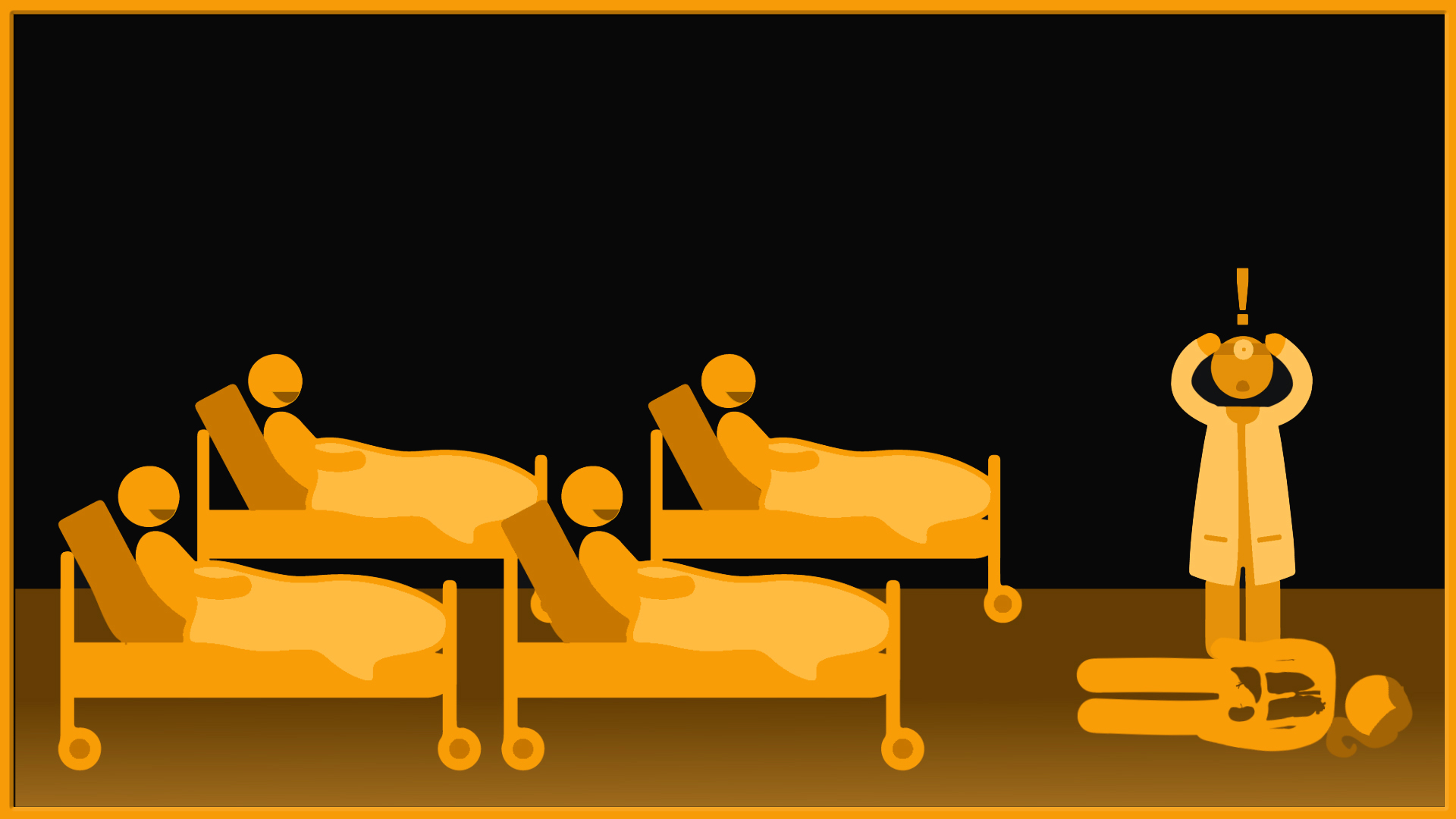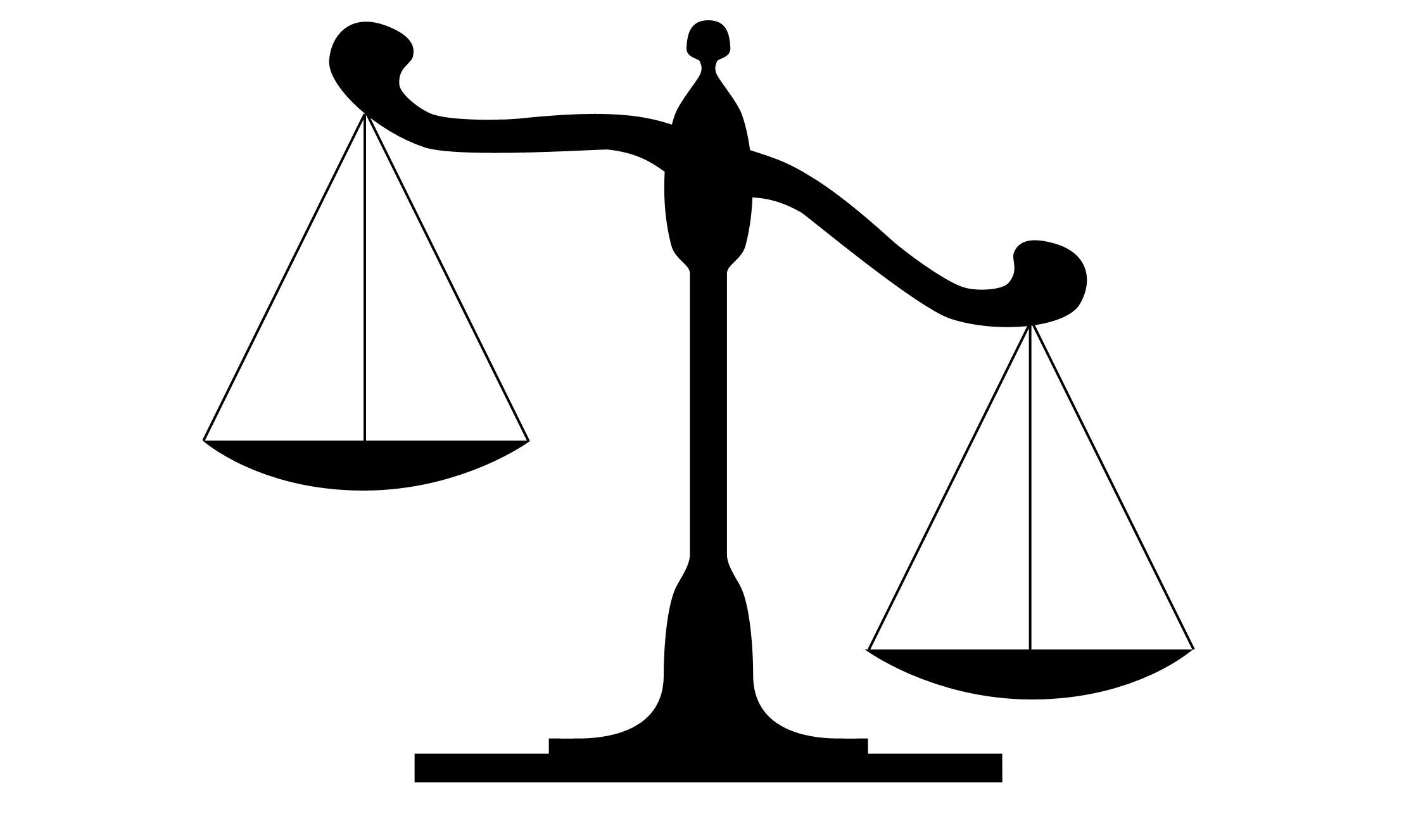What is utilitarianism and utilitarian value? In this article, you’ll learn the definition, the history, and the key features of utilitarianism. Next, we’ll discuss examples of utilitarianism in everyday life. We will also discuss what this philosophy means in the real world and the virtues associated with it, such as moderate altruism, truth-seeking, collaborative-ness, and determination.
To make your own decision about utilitarianism, read through this article. To learn about its implications and appeal is actually quite surprising. Hopefully, the information you’ve gathered here will be helpful. Until then, enjoy the rest of this article.
What is Utilitarianism?
A basic question is: What is utilitarianism? Utilitarians are people who pursue the long-term well-being of others. After all, the number of people in the future far outnumbers those alive today. It makes sense to strive to improve the lives of others and to protect the environment. A utilitarian also encourages others to help those in need.
From a utilitarian perspective, we might consider a case study of an armed robbery. Utilitarians would argue that a crime committed by armed robbers benefits more people than those who suffer it. While it would be damaging for the billionaire bank owner, the majority of people in society would benefit from the act. Thus, it’s morally wrong to commit such a crime.
As a moral guide, utilitarians reject egoism and define GOOD as the most happiness that a person or group can obtain, whether physical, emotional, or social. Utilities are the extent to which they satisfy people’s interests. As such, the consequences of human actions determine whether or not they are morally correct. There are two basic forms of utilitarianism: foreseeable consequence and actual consequence.
History of Utilitarianism
The philosophy of utilitarianism is a philosophical principle of self-preservation. But this theory is a bit flawed when it becomes universal. For instance, it can encourage us to do good for others while promoting our self-interest. This latter effect is good. For example, when an innocent person gets off the hook, there won’t be riots, but if we do it for ourselves, we may benefit from it.
Utilitarians believe in equality of interests. They reject discrimination and arbitrary distinctions between individuals. They also accept the idea of declining marginal utility, which recognizes that the same thing benefits some people more than others.
For instance, when we are rich, we are more likely to want to take care of our interests than those of poor people. This is a major criticism of utilitarianism, but it is important to understand why these ideas are so important. While many moralists are opposing to the concept of artificial virtues, some philosophers believe that individuals can cultivate such virtues.
The first example of this is Shaftesbury, whose philosophy is based on the belief that virtue, and social responsibility contributes to the common good. The latter approach would eventually figure into the writings of Hume. While not everyone accepts Shaftesbury’s view, it does influence our understanding of morality and how to apply it to our everyday lives.
Utilitarianism Examples in Everyday Life
Examples of utilitarianism in daily life can be found in a number of situations. Bobby, for example, buys a new car for Sally to use to get to work. This car will allow Sally to accept a job with ABC Company, which has had difficulty filling recent positions. Having her car also gives the company the ability to make better business decisions. But how does a utilitarian make these decisions?
Consider the dilemma that a trolley car train driver faces when he realizes that the brakes aren’t working. The five workers on the other track are jack-hammering. This means that cheating could make one of those five workers happy, but at a cost to society. Ultimately, the rule of utilitarianism requires that every action is weighed against its utility, and the goal of the act must be to maximize the happiness of the individual.
In another example of a utility-based decision, a doctor lies to save a life. This decision saves the doctor’s staff and the patient’s family from being upset. It also frees up more time for the doctor’s family and friends. This situation is a perfect example of utilitarianism in action. It doesn’t require a complex calculus to determine the “good” of a decision, just a simple evaluation of its value to both sides.
Key Features of Utilitarianism
Utilitarianism is a philosophy of morality based on the concept of utility. This principle of altruism suggests that we should act for the benefit of our fellow man rather than for our interests. Jeremy Bentham, a philosopher from long ago, developed a hedonic calculus that helps us determine the value of an action in terms of its likelihood of producing happiness or pain.
This method allows us to make the best possible judgments about our actions, both in individual cases and in government policy. One problem with utilitarianism is that it fails to account for values like justice and individual rights. Consider a hypothetical hospital scenario where four people need organ transplants.
A healthy person could donate all four of his organs to save those lives, but a majority of people would not consider such a situation acceptable. Thus, while utilitarianism is arguably the most reason-based approach to right and wrong, it is also a flawed philosophy.
Besides the fact that it is unjust, the concept of a desert is also considered a moral principle. It is a principle-based on a sense of justice. This means that we must determine whether it is always wrong to treat a person unfairly, or whether we should always respect a right that imposes a duty to act in a certain way. But utilitarians are not opposed to these concepts; they interpret them as rules that should be followed without compromising the utility of the individual.
Ethics of Utilitarianism


The Ethics of Utilitarianism is a philosophy that promotes long-term well-being. After all, future generations are many times larger than current generations, so it would be unjust to punish someone without regard for his or her future happiness.
However, many utilitarians maintain that the punishment of an innocent person is justified when it furthers the cause of the greater good. This philosophy argues for the elimination of extreme poverty.
A key aspect of utilitarianism is that it aims to maximize the overall happiness of as many people as possible. It holds that actions should be motivated by the desire to increase the happiness of many people.
As such, actions should only be justified if they improve the lives of most people. However, the Utilitarian perspective on morality is difficult to define. Nonetheless, human beings are free to make their own choices, and the goal of utilitarian ethics is to promote the happiness of as many people as possible.
The Philosophy of Utilitarianism advocates equality, and it was used to support the abolition of slavery in the United States. It argues that actions should be performed for the highest good of most people and that happiness should be delivered in an equal fashion to all. Further, it advocates that all people should have equal opportunities to achieve the same ends. And, because utilitarianism is a strong moral philosophy, it also advocates the abolition of slavery.
Utilitarianism Criticism
One of the main criticisms of utilitarianism is that it does not allow for the notion of good friends. In common moral intuitions, good friends put more weight on the welfare of their friends than on their own.
Similarly, utilitarians can’t be good friends because they are not impartial among all people. Consequentialists attempt to capture this intuition by assigning a weight to the welfare of a friend.
A critique of utilitarianism claims that moral rightness is based on foreseeable consequences, rather than actual consequences. For example, a rescuer who saved a drowning person does not have the knowledge of the negative consequences that could be caused by that action.
A rescuer who saved the drowning man could have made the same mistake, but it would be impossible to predict these consequences in advance. However, it doesn’t follow that the actions of the rescuer are always wrong.
The critic of utilitarianism also argues that action-oriented morality is not necessary. Because the effects of actions vary with context, morality should focus on the likely effects of individual actions and not on a class of actions.
While acting according to moral principles can be useful, acting against them can harm your integrity. Moreover, utilitarians acknowledge the use of moral rules but insist that people can do more good by breaking the rules.
Conclusion
In summary, utilitarian value points at these 4 points- aggregation, consequentialism, impartiality, and welfare. These elements work hand-in-hand to advocate for activities that foster other people’s happiness while kicking against abuse, maltreatment, and oppression. It’s worth remembering also that utilitarianism does not consider justice, but it’s fair to all. And, because utilitarianism is a strong moral philosophy, it will continue to thrive till the end of time. Hopefully this helps you to make your decision about utilitarianism.





















Leave a Reply
View Comments